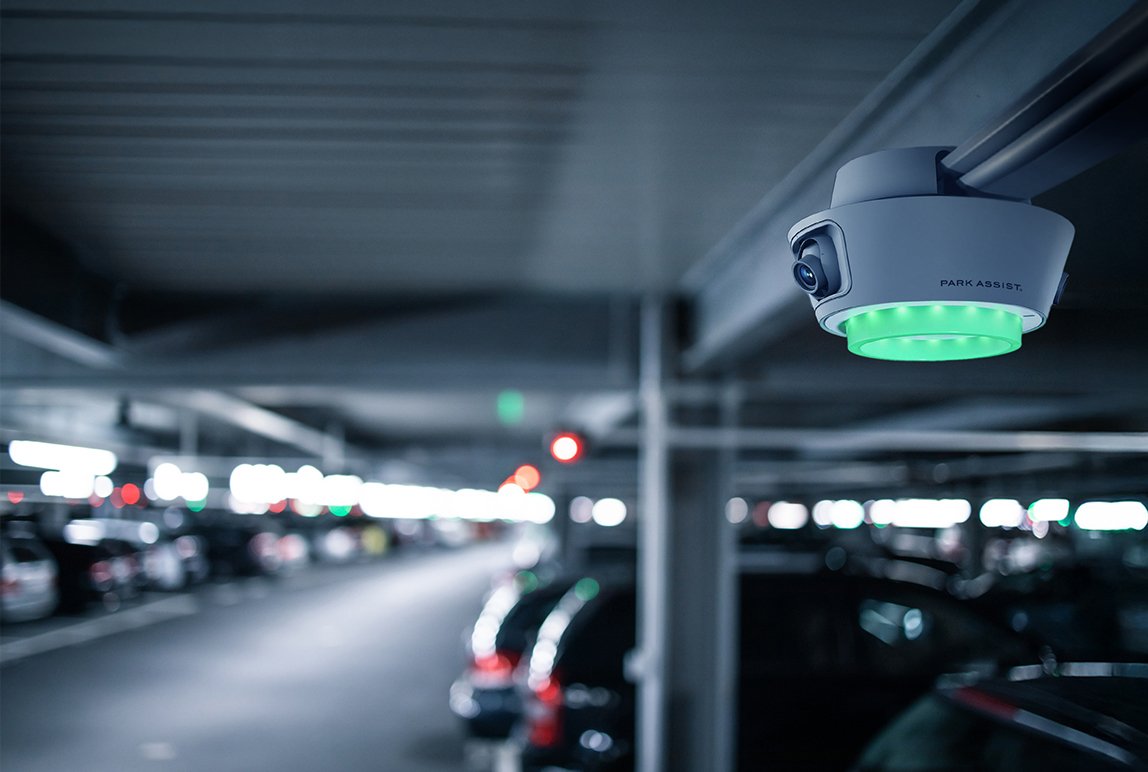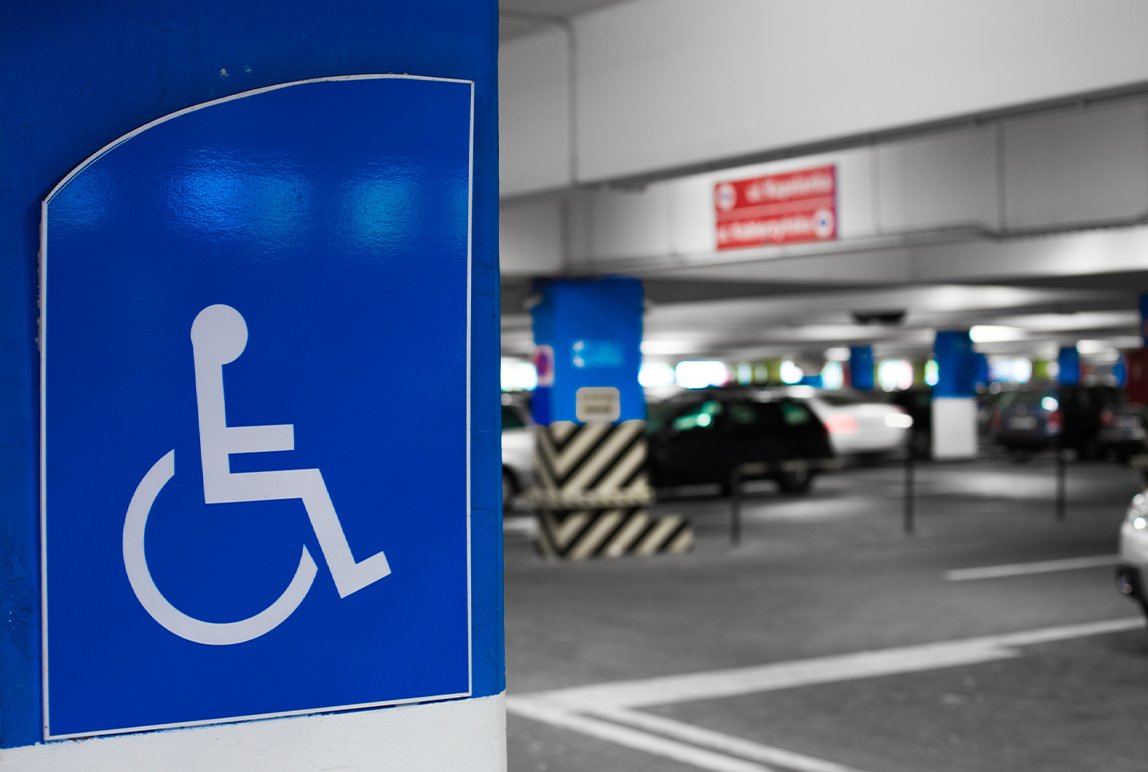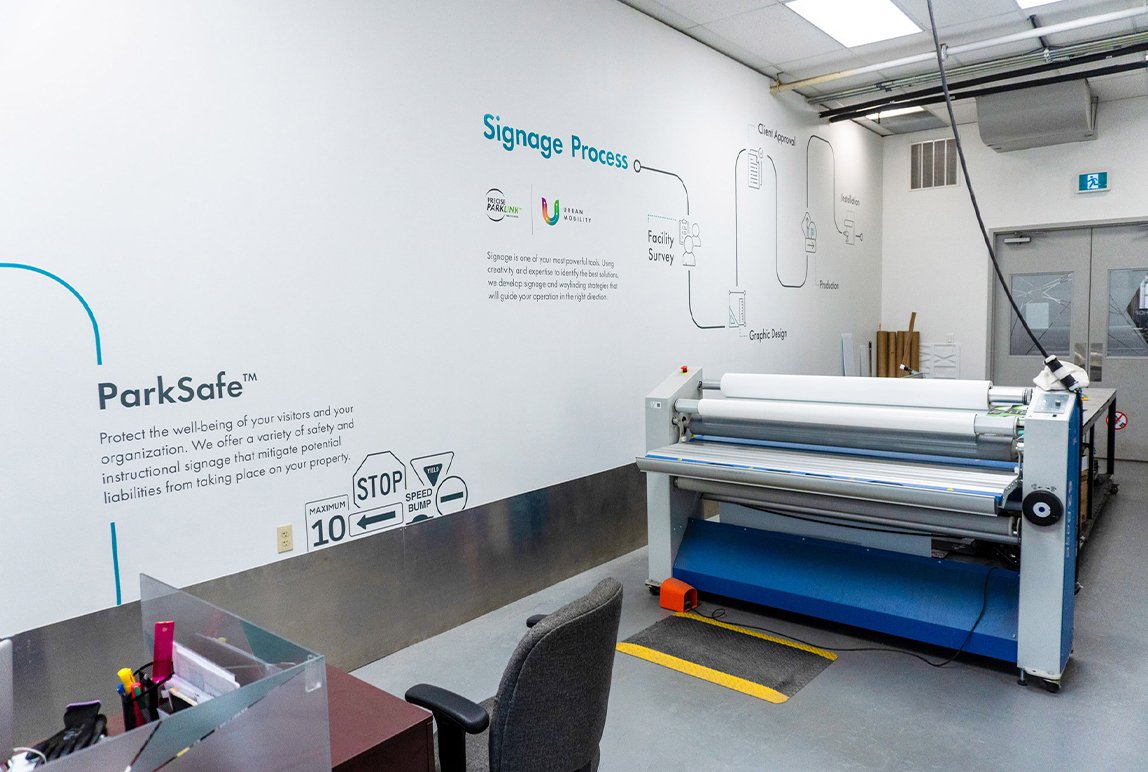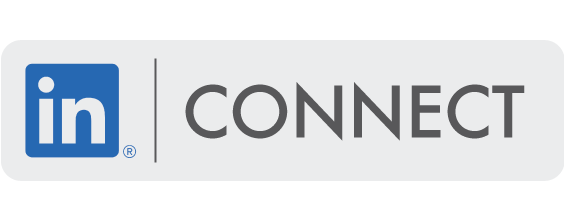What Are The Goals Of Controlling Parking, And How Do We Achieve Them?
Posted: Oct, 18, 2021 7:55AM ET • 7.5 min read
Parking Goals
There’s a reason you’ve instituted parking controls in your facility, but to assess whether these measures are effective — and identify how we can do a better job — we need to identify specifically what those goals were and continue to be.
And it’s an important question to continually ask yourself as a parking operator. A loss of control over your facility, such as with a non-functioning barrier or pay station, will mean the loss of an important source of revenue. Without that revenue, the facility can’t be maintained to the same high standard, and its condition will gradually worsen. And a parking facility in a perceived state of decay will make an increasingly poor impression with your clientele before they eventually deem it unsafe.
And if your clientele are so put off by your parking facility that they refuse to park there, you’ll have to lower prices significantly or face the possibility of shutting down altogether. That’s why it’s important to recognize the value of a well-controlled and well-maintained parking facility and make the necessary investments while you still have that opportunity.
Adequately controlling your parking operation fundamentally comes down to ensuring its systems are functioning well, whether those systems are technological — the automated machines are all working as they should to restrict access — or procedural — the facility is being cleaned and patrolled as often as it needs to be so that it remains safe and inviting. Ultimately, both technological and procedural systems are designed to maximize revenue, and so auditing these systems should be a high priority for the facility’s owner or property manager, and especially for any contractors hired to operate and maintain the facility.
Whether you’re a parking operator or a property manager, the strategies below will help you get the most out of your parking facility and the parking management contract.
Strategies
Parking management agreement
I can’t stress enough how important it is to have a solid understanding of the management agreement. Not only is it incumbent upon property managers to identify their goals with respect to their parking facility — and great resources exist to help them do that — but they have to take an active interest in monitoring a contractor’s performance.
A reputable contractor will provide accurate reports and make transparent statements about the parking facility’s performance, however it never hurts to verify this for yourself periodically or as needed to help build or maintain a trusting relationship. It’s also in the parking operator’s best interests to conduct site audits with the property manager: they can speak to any issues in real time, and having the property manager view for themselves how well the facility is being operated is a way of demonstrating the value on offer and, if it’s performing well, could lead to a reference.
Independent verification is also important, as I’ll discuss below.
Inspect the facility
Whether or not your parking operations contract includes management services like ongoing facility maintenance, it’s important that the facility be clean and presentable, and give your patrons a sense of security. As a rule, it’s best to perform this walk-around first-thing in the morning before the stalls fill up and obscure your view of the whole area.
Here are some items to watch out for on your inspection tour:
Parking equipment — is it scuffed or damaged in any other way?
Electrical cabinets — are they locked and showing no evidence of tampering?
Litter — has it been picked up and have garbage cans been emptied?
Lights — are they illuminating everything they need to be?
Signage — is it clean and clear, able to direct visitors to available spaces, pay stations, or to the exit?
Water — are there any puddles, which could indicate the potential for corrosion or backed-up drains, or are pipes leaking?
Salt — are they any build-ups of road salt that could corrode the concrete and allow for water ingress, and therefore accelerated damage as a result of freeze cycle?
Stairwells and elevators — are they clean and dust-free?
Smell — are there any odours that would indicate the presence of oil or gasoline leaks?
Inspections of this kind should be performed routinely to ensure the facility is being adequately maintained in the case of fully managed sites, or to schedule power washing and service intervals in the case of ad hoc maintenance agreements.
Test the equipment
Sophisticated parking equipment suppliers and management professionals may be able to offer services whereby the devices’ own network connectivity is leveraged to perform system diagnostics and issue-reporting remotely. This can be useful in detecting a range of issues from power loss, barrier arm disconnection, and even low ticket paper. And as issues like these arise, they will be noted in their monthly reporting, often to justify a service call or bill for a consumable.
Even still, it can be worthwhile to ensure that pay stations dispense the correct change, license plate recognition or enforcement devices are accurately taking their readings and calculating fees, that gates are only opening permitted credentials, or that only one ticket is being issued for each entry.
Test the personnel
Parking operations are moving increasingly in the direction of full automation, but some operations, such as hospitals or high-end residential complexes, do still maintain dedicated in-lot parking staff to assist in a variety of ways.
Like any system, these staff members need to be tested. Your parking operator will undoubtedly have assured you that it would address any issues in a timely fashion by removing or otherwise reprimanding employees who are the subject of legitimate complaints about the service they provide, but given your facility’s reputation is always at stake, it never hurts to proactively test these employees.
It may be worthwhile hiring a “secret shopper” for these purposes. Onsite staff will certainly be familiar with the facility’s management as well as their own corporate hierarchy, and so results may not be accurate. In this instance, independent quality control in the form of a secret shopper is crucial.
In the course of performing all the normal activities that surround parking a car and paying for the session, the secret shopper will note the identifying details about the interaction — namely, the attendant’s name, the date and time of the transaction, the entry and exit lanes used, and the amount paid, all of which is likely encoded into the transaction details associated with a pulled ticket, if used — in addition to their impression of the experience:
Was the attendant in uniform, including name tag?
Was the attendant polite and courteous?
Was the attendant helpful and informative?
Were the premises clean, including the attendant’s booth and facility overall?
As the literal face of your organization for many customers, attendants and the service they provide can have a huge impact on your organization, and so their conduct must be aligned with your brand identity, whatever that may be.
In the case of an ungated lot, this might mean deliberately not paying for a parking session at either a meter or on a mobile payment device with a view to testing whether personnel are in fact enforcing thoroughly as scheduled or whether they’re letting unpaid sessions take place, and thus letting revenue escape.
Audit the financials
Also benefiting greatly from independent verification in the event of a full-management agreement is your contractor’s financial reporting to ensure that revenues are being disbursed according to the terms of your contract.
The monthly report you receive from your parking management contractor, which includes data and perhaps also analysis on revenue breakdown by permit type, transient parker payment type, location if applicable, insurance and labour costs, etc., but if you don’t have access to the systems that record these data points in the first place — because you’ve contracted this out as a service — it’s difficult to know whether they are an accurate representation of the facility’s performance.
The most important way of gaining confidence in your contractor’s reporting is their use of independent, third-party auditors. For very large contracts, you may find it worthwhile to audit reporting on your own site every few years, however most of the time, it’s sufficient to provide some evidence, such as a certificate, that the contractor as a whole is regularly audited. Your own site may not be included in that audit, but if robust revenue controls and policies are in place for other projects your contractor is involved with, you can be reasonably confident they will be for your site too.
Expenses should also be included in a financial audit to avoid the temptation to “pad” the bill. To that end, auditors should verify that the reported costs were allowable under the contract, were related to your site, and were within industry guidelines for labour rates, length of time to perform certain tasks, etc.
Final Thoughts
If the goal of your parking operation is to ensure it remains profitable — and it likely is — it’s important that your site receives the revenues it’s owed. Whether that means making sure the facility is clean and inviting to drivers looking for parking, that your contractor’s staff are conducting themselves in a way that reflects well on your organization, or that financial statements are transparent, these strategies will help build a trusting relationship that will serve all stakeholders well for years to come.
Share Article:
Featured Articles
ABOUT THE AUTHOR
Lui Venir
Account Executive
Lui is a key contributing voice to the successful implementation of the turnkey parking management solutions we offer our clients. He works directly with stakeholders to design their solutions, creating the perfect combination of automated processes and management services for an efficient parking operation.
With a decade of experience as an account manager with Precise ParkLink and a total of 20 years of experience in technical project implementation, Lui has developed an unmatched grasp of the factors that lead to a successful implementation — a clear understanding of the client’s needs, effective revenue control systems, and streamlined processes.
Questions?
Fill out the form below and we will do our best to connect you with a suitable contact.













